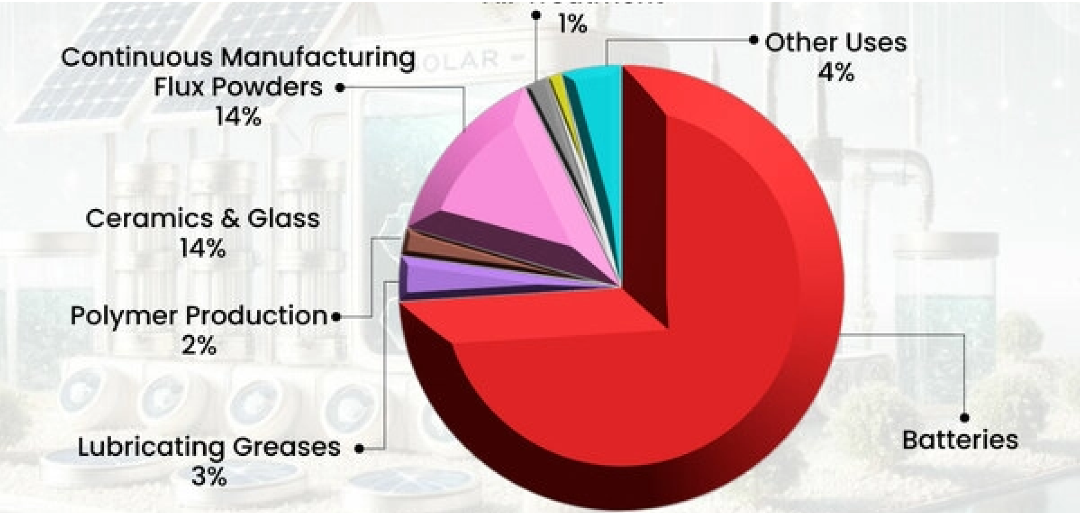Renewable Sector’s Expansion causes Threats to Cybersecurity in 2024
The global energy sector has a significant shift with the clean energy transition. The developed nations worldwide are transforming the energy sector with cleaner power sources. All of these result in reducing carbon emissions in the environment. It reduces other harmful emissions from energy and the power sector as well. A survey in 2024 shows that an increase in the manufacturing rate of renewables can lead to certain risks in cybersecurity. The clean energy transition has led to a large amount of renewable production. Hence, it poses a specific threat to the cybersecurity world.Green energy transformation targets net zero emissions by the end of 2050. Hence, expansion in the renewables sector is necessary. Therefore, wind and solar energy pave the way for renewable production as the leading energy sources. Further, it reduces the reliance on fossil fuels for energy consumption. However, the interconnectivity of digitization and the energy sector makes the industry susceptible to major cybersecurity-related threats in 2024. The number of cyber-attacks is anticipated to rise. This is due to the increasing reliability of the energy sector on advanced technologies. Hence, it can lead to data breaches, power outages, and loss of credentials, among other technical issues. Experts claim that it is the result of over-reliability of the technologies. A single technical mistake can open the road to technical destruction, too. The United States is an emerging nation in renewables sector expansion for clean energy transition. However, the country is aware of the vulnerabilities of advanced technology used for renewables production. Therefore, the nation is building strategies against the new challenges.
Experts claim that countries globally should release specific rules and strategies to safeguard against cybersecurity attacks in the energy sector. Along with the benefits, the clean energy transition brings cybersecurity concerns. Hence, it may prove fatal if the countries fail to prepare specific strategies beforehand.

